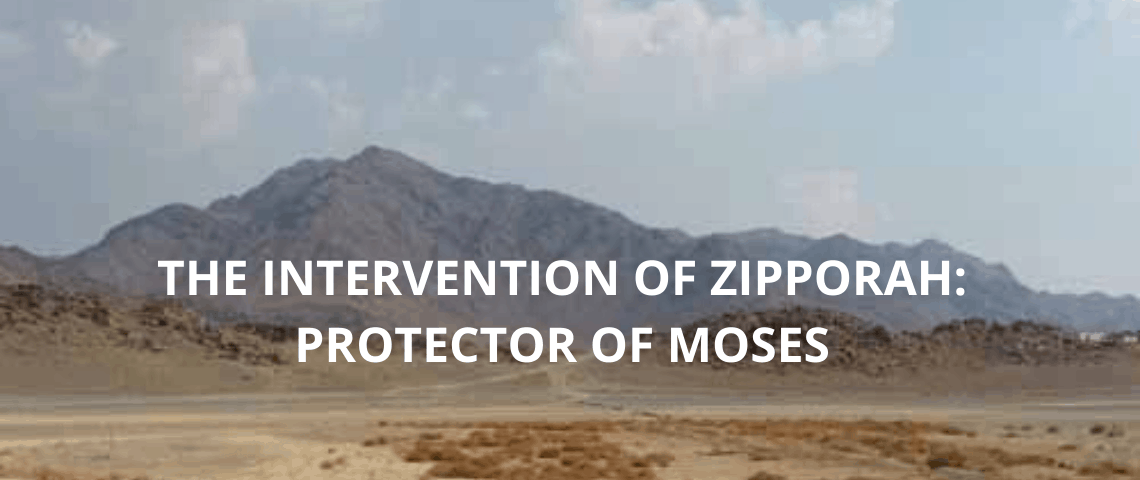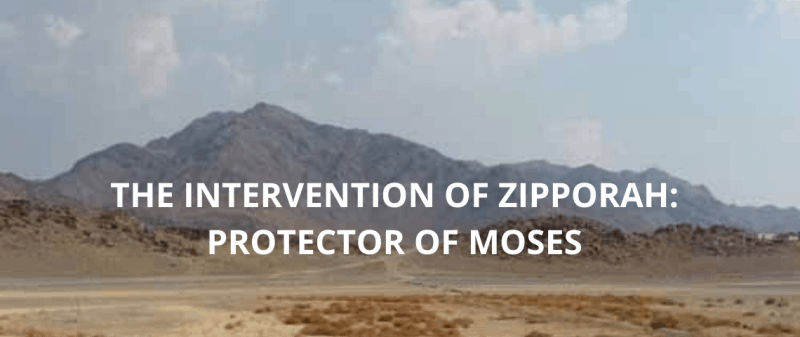One of the things I love about the Bible is that it has so much to say about the ability and calling of both women and men.
As I read I continually encounter stories of God using unexpected people without condemnation. In the midst of a hierarchical culture we see women, slaves, foreigners, poor people and outcasts gifted, blessed, called and used by God. Reading through the Bible like this brought me to my understanding of mutuality: There are small tales everywhere which undermine inequality and bring the Kingdom of God into even the darkest times.
I’ve been reading about Moses being called back to Egypt, and came across this little section:
“On the way, at a place where they spent the night, the Lord met him and tried to kill him. But Zipporah took a flint and cut off her son’s foreskin, and touched Moses’ feet with it, and said, ‘Truly you are a bridegroom of blood to me!’ So he let him alone.” – Exodus 4:24-26a
What?
If God had wanted to kill Moses he could have done so easily. So why did he appear? And why did he let him alone?
Moses is much like us; while obedient in many things, he did miss the mark. He was an Israelite, a bearer of the covenant, and he was supposed to circumcise his sons on the 8th day. Clearly he hadn’t. Here he was, sent back to rescue the nation God calls “my first-born son” when he had not included his own son in the very covenant that demanded the mission.
This passage is notoriously hard to deal with in certain respects.
Did Zipporah touch Moses’ feet, God’s feet or her son’s feet? Which son was circumcised? Was it even feet that were touched? Did she call “him” a “bridegroom of blood by circumcision”, or did she say in her own dialect that the blood would protect “him”?
Fortunately, we can gain a lot without having the answers to all those questions. I love this passage because it directly counters three lies about gender that Christians battle.
Lie #1 Men are wiser and less easily deceived, so they bear the God-given responsibility of discerning truth, making decisions and mediating for women.
The Truth in the Story: Zipporah wisely discerns the situation and comes up with the plan.
She sees what is happening, why it is happening, and what can be done about it. More than that, she understands that God is a loving and merciful God who is able to be pleased! How do we know she shows wisdom and discernment in her decision? Because it works!
This is a consistent message throughout the Bible – God does not specially gift men over women or rest the burden of decision-making solely on them. Think of the Wise Woman of Abel Beth Maacah (2 Samuel 20:14-22) – a large city was besieged by an army, but God used her good judgement to appease the angry commander and save the people. Or what of 2 Kings 22:8-20 when the book of the law was found and the king needed to hear from God? He didn’t look up Jeremiah, Nahum or Zephaniah, but rather the prophet Huldah – and God answered through her.
Then there’s the case of Samson (Judges 15), whose birth was announced to his mother. When his father asked for more revelation he got it… again to his wife! God clearly did not think she needed her husband to mediate for her, and trusted her wisdom to take on what he had commanded. There is no indication here that women are more easily deceived or men solely expected to mediate, discern and make decisions.
Lie #2 Men are initiators who have responsibility to take action and do the hard job; a woman who steps up is usurping male authority.
The Truth in the Story: Zipporah, not Moses, initiates action.
Not only does she discern what to do, she boldly follows through. In the face of divine attack, she performs a messy operation on her own child in order to save her family. Who would blame anyone from cowering back if God himself was on the offence? Yet she does the hard thing, and is rewarded.
What if she had been passive? Are we supposed to think God expected her, knowing that she knew what needed to be done, to sit by quietly and watch her husband die? No, God’s response shows that he approved!
Other women who took decisive action were also powerfully used by God. Jael (Judges 4:17-22) defeated the Canaanite general Sisera using the not-so-traditional “tent peg through the head” method. Ruth worked tirelessly to feed her mother-in-law and proposed to a relative of her deceased husband in order to save her family. Esther broke the law by appearing before the King uninvited on the chance that it would save all the Israelites in the land – and prevailed. These women were courageous initiators, called by God as saviours of their people and recorded as examples for us in each generation.
Lie #3 Men are made to be rescuers and protect their family – women are made to be protected and want to be rescued.
The Truth in the Story: Zipporah is a powerful protector.
Far from being a covering, Moses was the one in trouble and Zipporah the one who rescues. God does not condemn her for stepping in as the rescuer, and he does not condemn Moses for being saved by his wife. Rather he withdraws the attack, showing that he is satisfied with the response.
There is no idea here that the basis of Zipporah and Moses’ relationship should be rescuee-rescuer. They are both strong people, both courageous, both gifted. We can imagine they were both fallible too. God did not set one above the other but brought them together to serve one another.
There are lots of examples of women as rescuers and protectors in the Bible.
Consider Jehosheba (2 Kings 11:1-3) without whom the royal lineage would have been cut off. God equipped her to save her nephew and through her kept his promise to David. When the prophet Elijah was starving, God provided for him miraculously through a women from Zarephath (1 Kings 17:8-16). And there is Abigail (1 Samuel 25) whose wisdom and quick decision-making protected her household from death.
God kept Zipporah’s story alive for us to learn from, not only to combat the lies that come against us but also to spur us on to become more wise, more bold, and more like Jesus, the Saviour of us all.
~~~~~~~~~~~~~~~~~~~~~~~~~~~~~~~~~~~~~~~~
YOUR TURN: What about Zipporah’s story surprises or encourages you? What are some other examples of women as rescuers and protectors in the Bible?
Read about the women who rescued Moses in these posts: Midwives vs. Pharaoah and The Women Who Protected Moses
Image Credit: Anja Catharina based on the movie character in The Prince of Egypt.





13 responses to “The Intervention of Zipporah: Protector of Moses”
What a marvelous collection of powerful women – thank you so much for putting them into one space and speaking such clear truth about them — and about us. Marvelous.
Love this!! Thank you for writing this, Lydia!!
I wrote a reflection on Psalm 84 that makes reference to Zipporah. On Nov. 15 also!
http://bltnotjustasandwich.com/2014/11/15/psalm-84-was-it-written-by-a-woman/
Thanks for sharing!
This is wonderful! Very useful.. I can think of lots of people I’d like to read this.
Awesome applications from Zipporah that address and counter the lies that we hear too often. How I appreciate your contribution and insights, Lydia.
Thank you for such a great article. When my son was circumcised in the hospital I heard a baby scream down the hallway. I thought it was him. I followed the piercing cry and in a small room, there he was, all bound up. I almost fainted, seeing him in pain like that. And I can usually handle blood and medical issues. Zipporah surely was a very strong woman. And a God-fearing believing foreign woman.
PS I wrote a book about women in the bible, Every Woman and Child, and would love to send you a copy via email.
Wow, I can only imagine. That really must have given you such an insight into this. I love your point about her being foreign and God-fearing too – there’s so much to unpack in even this little extract.
Thanks for your kind words! I added a contact form on the ‘about’ of my blog if you want to get in touch 🙂
Lydia
Lydia, what a powerful expose of Zipporah. I’ve loved and been fascinated with this rarely acknowledged woman for years. She was brave as well as insightful… that kid must have been screaming the place down, but she didn’t stop. I have a lot to say on this, but you have definitely expanded my thinking.
I have been living in UK for years and only just moved back to Australia… would have loved to have known you were around. I’ll be visiting Glasgow in April 15… it would be lovely to have a coffee if you’re up for it.
Hi Bev! Thanks so much for your encouragement. I would certainly be up for hearing more about Zipporah and your thoughts, this is a subject I feel like I’ve only just started exploring. I added a contact form on my blog if you’d like to get in touch 🙂
Lydia